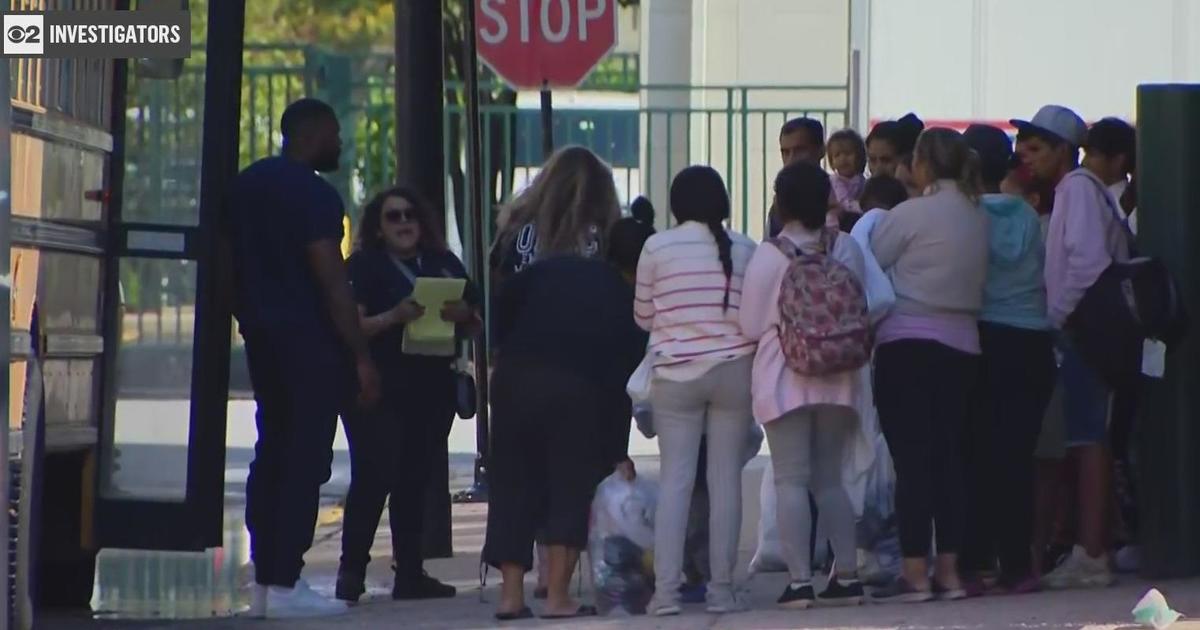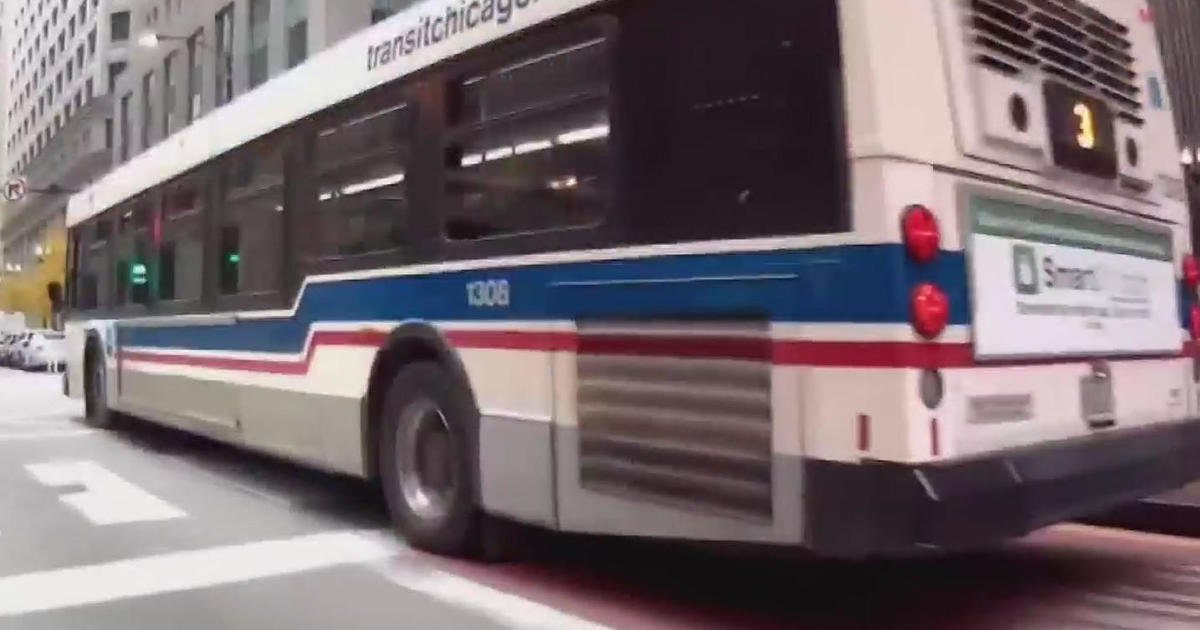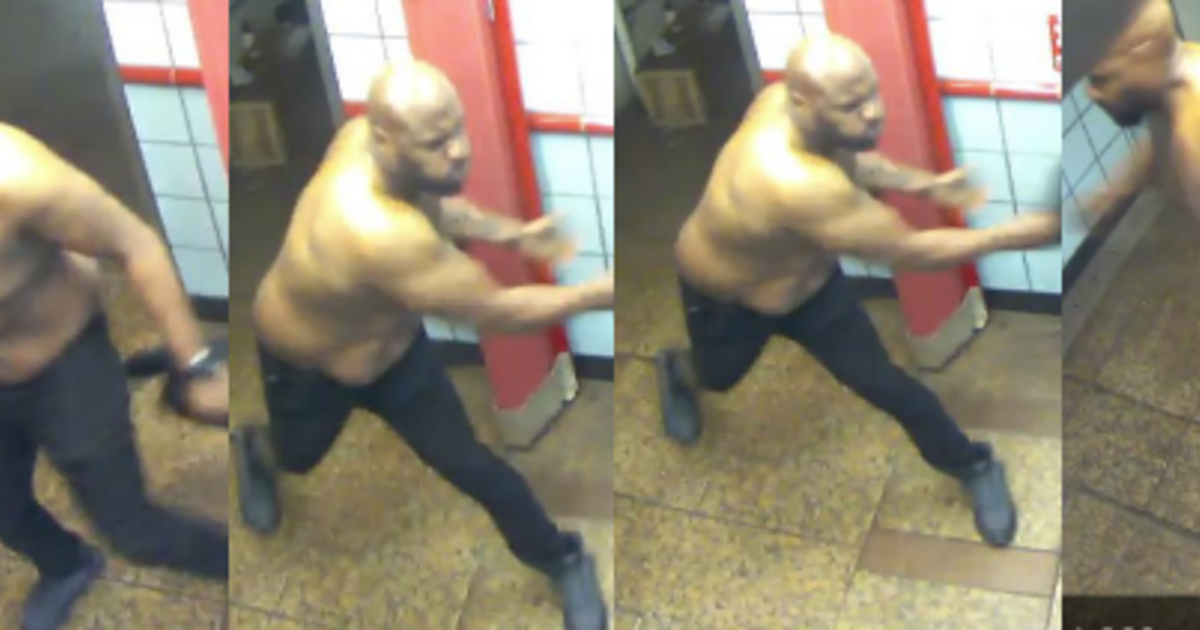U.S. Transportation Secretary Buttigieg In Chicago, Touts $3 Trillion Infrastructure Bill
CHICAGO (CBS) -- It's the $3 trillion dollar question:
What will the massive new infrastructure bill out of Washington actually fix?
It still has to pass. U.S. Transportation Secretary Pete Buttigieg is in Chicago to talk about what it might mean to the local area.
CBS 2 Political Investigator Dana Kozlov reports near the Dan Ryan.
Even if the bill passes, who gets money and how much still has to be specifically mapped out.
That would be up to local leaders. And which projects would be at the top of the to-do list depends on who you talk to.
Crumbling bridges. Lead filled pipes. Potholes.
They are all still problems permeating much of Chicago and the Chicago area. All are examples of problems elected officials hope a new, $3.5 trillion, federal bipartisan infrastructure bill would fix.
U.S. Transportation Secretary Pete Buttigieg toured the CTA's Red Line station to tout the bill and how it may help the city expand the Red Line south to 130th. A priority for Chicago Mayor Lori Lightfoot.
Earlier this week, about 80 U.S. Representatives sent a letter to congressional leaders, urging them to include high-speed rail service in the bill.
Buttigieg said he supports it.
"In the context of the funding that we have, we think there would be enough to establish to showcase three inter-city high-speed rail corridors, upgrading and improving what we already have," Buttigieg said.
Currently, Metra has a proposal for high-speed rail service from the Loop to O'Hare. The High Speed Rail Association's Executive Director Rick Harnish said that could be a game changer.
"That would be the first step towards transforming how Metra serve the region. It would be where they would innovate the new services that would work as a base for how high-speed rail would work across the country," Harnish said.
While many argue adding access to O'Hare would help rev up the state's economic engine, others said expanding the Red Line would do the same and help create jobs in underserved areas.
But again, the bill not only has to pass, it still needs to be finalized in the U.S. Senate.



